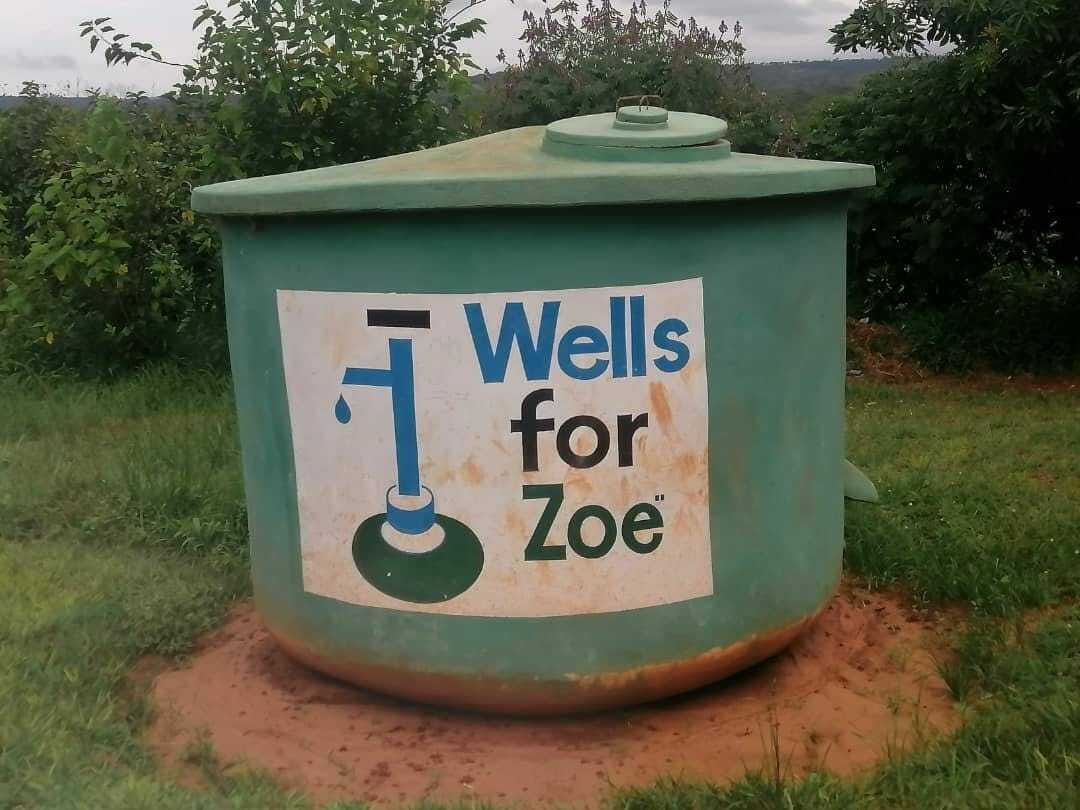
Malawi-To assist the Malawi government in achieving its Development Agenda 2063 and the United Nations Sustainable Development Goals (SDG), Wells for Zoe, a non-profit organization in Mzuzu, has intensified its operations through the provision of clean water, environmental conservation, early childhood education, and girl-child education, writes Draxon Maloya.
Despite some funders and organizations scaling down their operations due to other emerging issues such as COVID-19, cholera, and hunger, Wells for Zoe is working on several development enablers in various areas.
Speaking in Mzuzu over the weekend, Florence Harawa, the Executive Director for the girl-child education project at Wells for Zoe, distributed relief food rations to 258 secondary school girls who are currently being assisted with education bursaries from borehole drilling proceedings.
"Girls mainly those coming from vulnerable households, need all the necessary support in this period so that they should not lose focus, hence the distribution of food rations," said Harawa.
Harawa further explained that the food rations are about the hunger problem affecting both early childhood and girl-child education in many parts of their catchment area where their Water Sanitation and Hygiene (WASH) project and the afforestation efforts in the fight against desertification are being implemented.
Beata Moyo, one of the psychosocial counselling and menstrual hygiene officers at the resource centre, commended Wells for Zoe for the annual expansion of the number of beneficiaries.
One of the psychosocial counselling and menstrual hygiene officers at the resource centre is Beata Moyo, a veteran secondary school teacher who lamented that most girls become easily frustrated if not properly handled.
However, she quickly commended Wells for Zoe for the annual expansion of the number of beneficiaries.
"Psychological challenges greatly affect girl-child performance in school work and can lead to suicide cases. But Wells for Zoe has managed to motivate them in various ways," said Moyo.
Some of the girls who have undergone the resource center's program include 19-year-old Victoria Chavula, who is studying Nursing and Midwifery at Ekwendeni College of Health Sciences, and 18-year-old Bettina Tembo, who is in her second year of a Bachelor of Science in Chemistry at Mzuzu University.
They both agreed with Moyo and said they always find time to provide moral support to the girls during weekend classes.
"My parents could not afford to pay my school fees at Katoto Secondary School, but after approaching Wells for Zoe in 2017, I was enrolled in their program and weekend classes. Now I am studying medicine at Ekwendeni College of Health Sciences, which is not a mean achievement," said Chavula.
In addition to formal secondary education, the girls are also taught tailoring and design, some agriculture technologies, and soil and water conservation for successful community-based restoration efforts to improve the social and ecological functionaries of the landscape for today and future generations.
Among other initiatives, the girls recycle destroyed and unusable potting tubes (black plastic tubes) from the tree-planting program to make valves via plastic injection.
They also collect plastic bags from the streets and transform them into Zoë pump valves.
Established in 2005 by an Ireland-based couple, John and Mary Coyne, Wells for Zoe Malawi's primary objective is to provide clean and affordable water to rural communities.